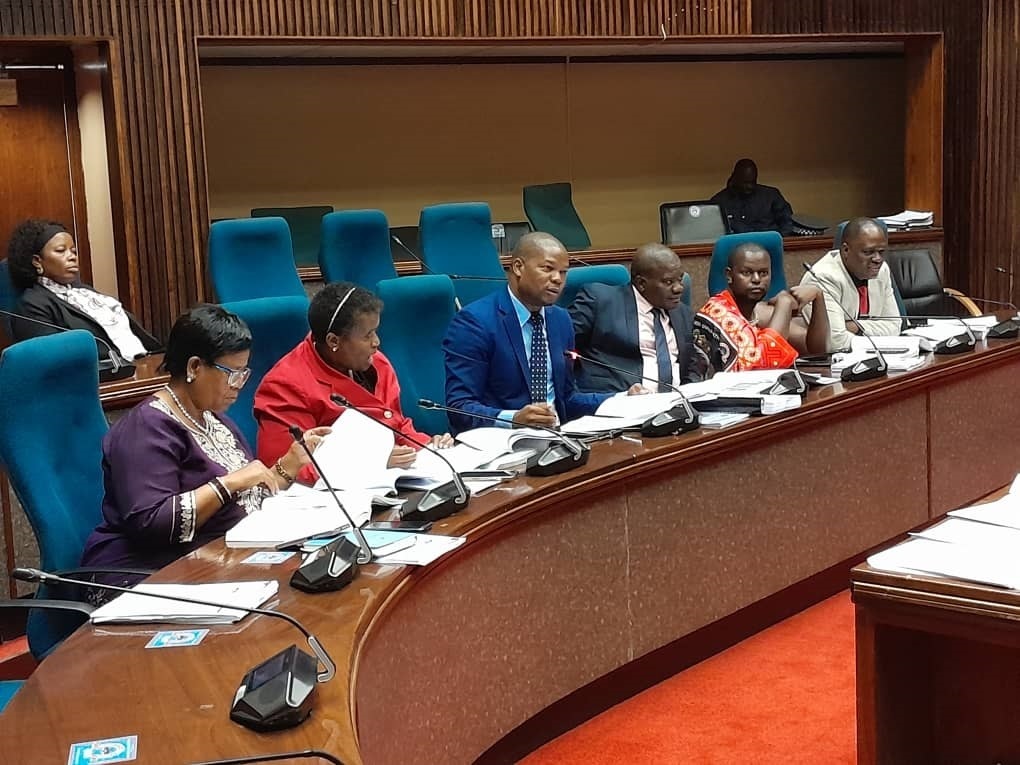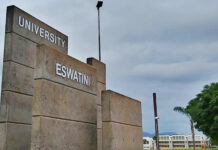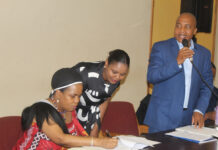The Public Accounts Committee (PAC) has punched holes in the utilisation of about E10 million to fund non-sustainable projects under the Regional Development Fund (RDF).
The legislators argue that the Ministry of Tinkhundla Administration and Development should improve their monitoring and evaluation programmes as well as capacitate and incubate projects to ensure they were sustainable and able to grow.
| Eswatini Observer WhatsApp Channel
They also stated that in as much as it was not easy to start and grow a sustainable business that would create employment, it was important to assist and monitor the projects funded through the RDF.
This was during the ministry’s appearance before the committee to respond to audit queries detailed in the compliance audit report for the financial year ended March 31, 2024, on Tuesday.
Auditor General Timothy Matsebula raised his concern to the Controlling Officer, Nonhlanhla Dlamini, that income-generating projects (IGPs) funded through the RDF were not generating profits that could sustain the projects.
He said each of the projects was organised and managed by a group of individuals called Eswatini Organised Group (EOG). The total value of the audited government-funded projects was over E10 million, but they all portrayed insufficient profitability.
“The reviewed financial records of these projects indicated that these hardly break even,” he said.
He added that Section 3 (2) (b) of the Regional Development Fund Regulations of 2015 stipulates that the object of the fund is to alleviate or eradicate poverty in each of the four regions of the country by initiating viable commercial projects or schemes that will create jobs and generate income to sustain and further develop numerous Emaswati families within each region at grassroots level.
However, when the projects failed to make profits, the object of the fund was not achieved.

During the debate, the controlling officer admitted that the investment was substantial not to have any returns.
She assured the committee that the ministry was doing something to address the inefficiencies of the programme to ensure that the projects were a success and sustainable.
She revealed that the ministry was in the process of strengthening their monitoring and evaluation and was conducting training programmes for the staff. Dlamini also revealed that the ministry was in the process of recruiting four officials to be part of the new department.
She admitted that it was not easy to run a business and the beneficiaries needed to be incubated and capacitated on how to properly run and grow their businesses. Adding, Dlamini informed the committee members that the ministry already had fleet on the ground ready for use.
Gege MP Agrippa Dlamini said a number of the businesses failed due to conflicts between the members of the cooperatives.
PAC Chairman Madala Mhlanga also admitted that they were the ones who pushed for the projects, particularly just before elections, even when the beneficiaries did not have the capacity.
“You will see, come 2028, we will be the ones pushing for the projects for undeserving beneficiaries just to get votes,” he said.
Zombodze Emuva MP Ntando Mkhonta also concurred that close monitoring of the projects was crucial to ensure there was value for money.
The controlling officer said pertaining to the value for money, each project was unique in its own way. She said over the past years, there were some success stories while admitting that a majority of the projects were unsuccessful.
She also revealed that there were individuals who took advantage of the loopholes in the RDF regulations and brought a group of nine people together, only for them to go to banks and get the required 10%. In the process, they had enriched themselves.
She said once the funds were received, the now rich individuals chased away the other group members and took over the business. She assured the PAC that the ministry was currently conducting an impact assessment of all the projects funded through the RDF.
Eswatini Observer Press Reader | View Here










